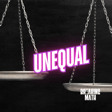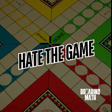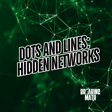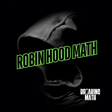
The Intersection of Mathematics and Democracy
This discussion Autumn and Gabe delves into Ismar Volic's personal background and inspiration for writing the book, “Making Democracy Count” as well as the practical and theoretical aspects of voting systems. Additionally, the conversation explores the application of voting systems to everyday decision-making and the use of topological data analysis in understanding societal polarization. The conversation covers a wide range of topics, including data visualization, gerrymandering, electoral systems, and the intersection of mathematics and democracy. Volic, shares insights on the practical implications of implementing mathematical improvements in electoral systems and the legal and constitutional hurdles that may arise. He also discusses the importance of educating oneself about the quantitative underpinnings of democracy and the need for interdisciplinary discussions that bridge mathematics and politics.
Keywords: math podcast, creativity, mascot, background, Matlab, ranked choice voting, elections, author's background, inspiration, voting systems, topological data analysis, societal polarization, mathematics, democracy, data visualization, gerrymandering, electoral systems, interdisciplinary discussions, practical implications, legal hurdles, constitutional considerations
You can find Ismar Volic on Twitter and LinkedIn @ismarvolic. Please go check out the Institute for Mathematics and Democracy and Volic’s new book “Making Democracy Count”
Subscribe to Breaking Math wherever you get your podcasts.
Become a patron of Breaking Math for as little as a buck a month
Follow Breaking Math on Twitter, Instagram, LinkedIn, Website, YouTube, TikTok
Follow Autumn on Twitter and Instagram
Follow Gabe on Twitter.
Become a guest here
email: breakingmathpodcast@gmail.com



















